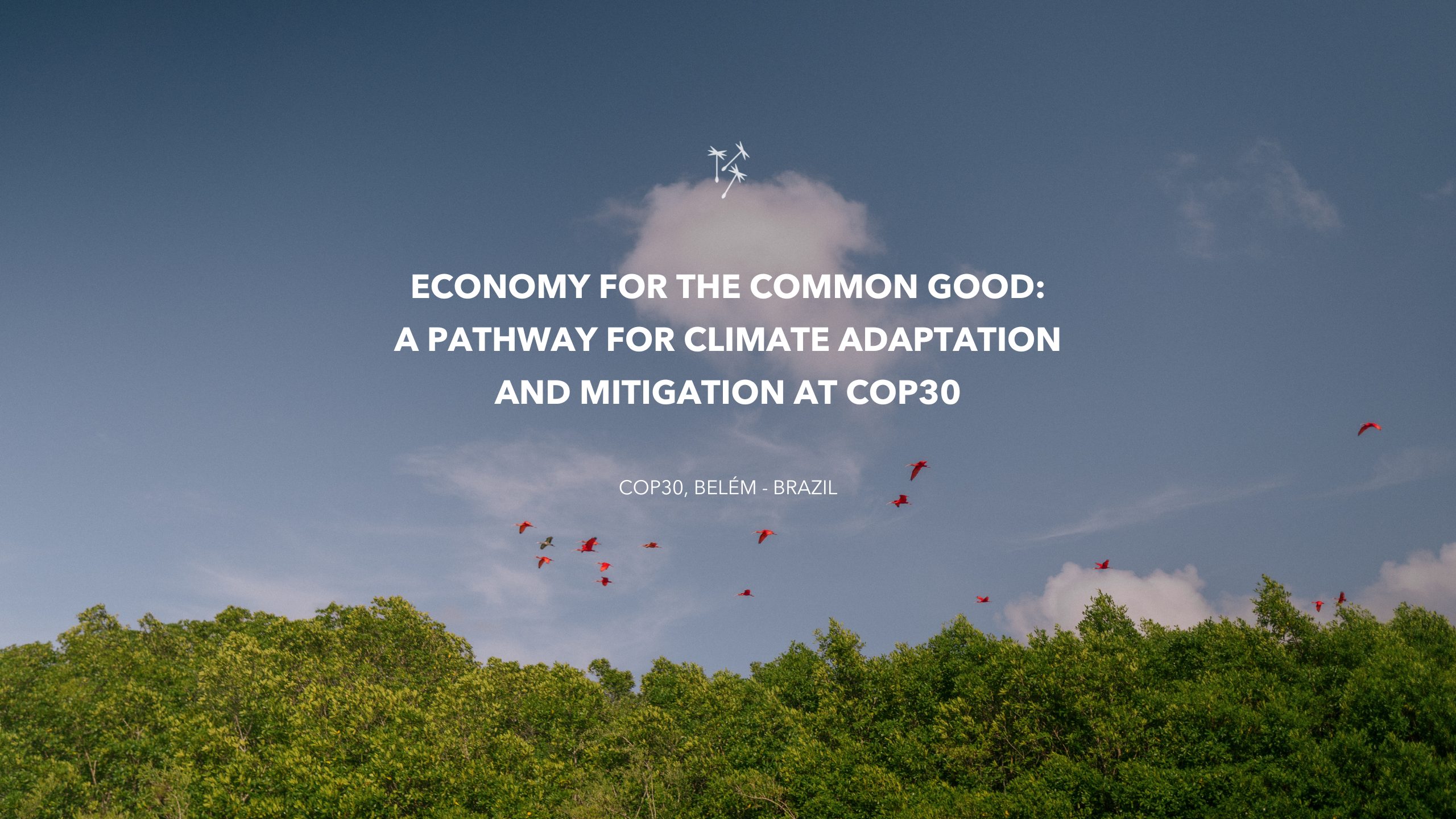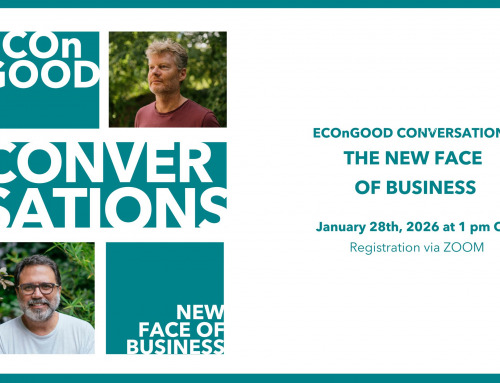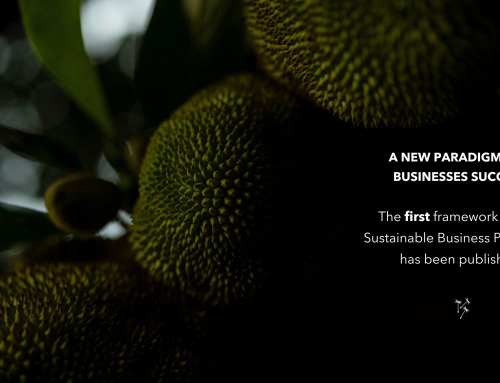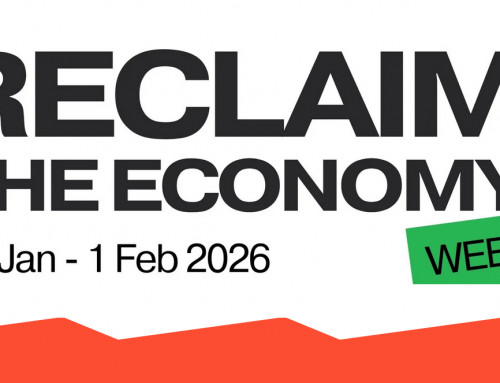
Dear Delegates, Leaders, and Participants of COP30,
As you gather in Belém, Brazil, at this pivotal moment in history, we write to you on behalf of the Economy for the Common Good movement (ECOnGOOD) a global network of citizens, businesses, municipalities, and policymakers striving for an economic system that truly serves humans, societies, and the planet. The world stands at a crossroad: either we continue on a path of financial and capitalistic extractivism, inequality, and environmental destruction, or we dare to redesign our economic systems to foster sustainability, justice and peace?
ECOnGOOD offers a concrete, actionable and escalable pathway for both climate mitigation and climate adaptation by reorienting the economy towards the Common Good.
The decisions made at COP30 will shape the future of our climate and the lives of billions, particularly the most vulnerable. Belém is one of the capitals in the Amazon region in Brazil, one of the three largest rainforests in the world. The Amazon covers part of the terriory of nine countries, it is home to several cultures and more than 305 indigenous communities that speak more than 160 different languages.
Climate change is not just an environmental issue, it is a systemic crisis rooted in how we organise our economies and lead our lives. To meet the goals of the Paris Agreement and beyond, we need holistic systemic change, to realign our economies with the values that sustain all forms of life on this planet.
The ECG framework puts human dignity, ecological sustainability, solidarity and social justice, and democratic participation at the heart of economic activities. These principles are translated into measurable practices through tools such as the Common Good Product for the National Economy, the Common Good Balance Sheet and the Matrix 5.1, which assess and guide organizations, governments, and communities towards sustainable, climate-friendly, and socially just actions. A future fit and climate-friendly economy has to shift from a primarily financial bottom-line to holistically sustainable and ethical success indications.
Here is how ECG contributes:
CLIMATE MITIGATION: ECG’s principles encourage businesses and governments to move beyond “net-zero” rhetoric by embedding sustainability into their overarching goal-setting, practical business operations and supply chains. Companies using the Common Good Balance Sheet already reduce emissions, conserve resources, and prioritize renewable energy not only as a compliance measure but as a moral guideline and competitive advantage. They foster sufficiency and a low-consumption lifestyle as a respectful attitude towards Nature.
CLIMATE ADAPTATION: ECG promotes local resilience by supporting community-oriented enterprises, short and fair supply chains, and inclusive decision-making through citizens assemblies and other innovative instruments of more direct democracy. Communities that strengthen social cohesion and diversify their economies are better equipped to withstand climate impacts, recover faster, and ensure no one is left behind.
JUSTICE AND INCLUSION: The ECOnGOOD framework explicitly addresses inequalities that exacerbate vulnerability to climate impacts. It supports redistribution of wealth and power between North and South, sexes, advantaged and disadvantaged groups, as well as individuals, ensuring that adaptation and mitigation efforts benefit the entire society, rather than perpetuating or even deepening existing injustices.
We call on COP30 to:
– Support and promote economic frameworks like ECG that integrate climate action, social justice, and democratic participation
– Call countries to shift from GDP as a success metric to more diverse and democratically developed alternatives such as the Common Good Product
– Encourage the adoption of non-financial reporting and balance sheets that measure success in terms of the common good.
– Facilitate funding and policy environments that empower businesses, municipalities, and citizens to adopt ECG principles and practices.
– Recognize community-led and value-drive approaches as essential components of national adaptation and mitigation strategies
– Reorient the financial system from funding primarily financially profitable projects and investments to financing only regenerative and equitable economic activities
Climate goals can’t be treated separately from economic goals. The Economy for the Common Good demonstrates that another way is not only necessary, it is partly already happening.
We invite you to join us in shaping an economy in service of people and the planet. Together, we can create the conditions for a just transition, a resilient society, and a ecosystems for generations to come. It is up to us to shape our common future.
With hope and determination,
The Economy for the Common Good Movement





